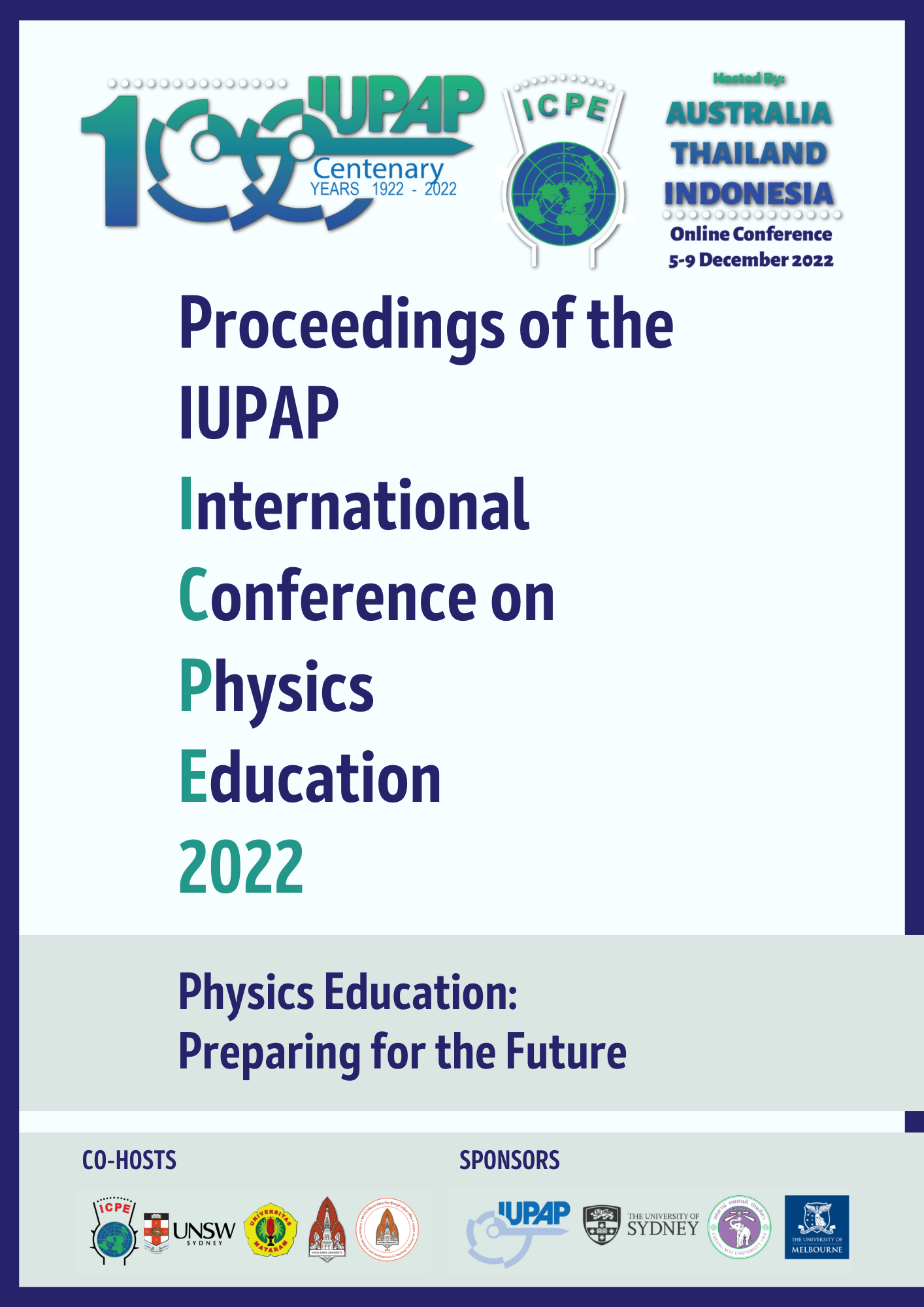How science education is challenged by social media and how it might respond
Keywords:
Nature of science, social media, science media literacyAbstract
Science is inevitably mediated to the public sphere and both professional journalism and social media networks play important roles. For well-informed decision-making, it is essential for citizens to know how scientists communicate with each other, as well as with the public. Until recently, the conventional mass media (e.g. newspapers) typically functioned as gatekeepers, helping to assess the reliability and trustworthiness of scientific claims. In today’s culture, media and their gatekeeping roles are rapidly disappearing. In social media, information flows along existing networks, sometimes heedless of scientific expertise and quality of information. As a result, we need an expanded conception of nature of science (NOS): First, students need to learn about the epistemics of communicative practices, within science and in society, science as a system of distributed knowledge and expertise, characterised by division of labor as well as a social system of checks and balances, trust and credibility. Second, students must learn about the epistemic structure of science communication and the role of "gatekeepers". Here, the role of social media and its correlated phenomena must be considered like aggregated news, filter bubbles, echo chambers, spirals of silence, fake news, and purposeful disinformation. Third, I will focus on the consumer of science, including the role of confirmation bias, motivated reasoning, and the social context of trust. These three perspectives finally lead to the idea of science media literacy as an expansion of more traditionally NOS perspectives.
FURTHER READING
Höttecke, D. & Allchin, D. (2020). Re-conceptualizing Nature-of-Science Education in the Age of Social Media. Science Education, 104, 641–666.
Höttecke, D. (2020). The Mediation of Science in the Age of Social Media. The Journal and Proceedings of the Royal Society of New South Wales, 152(3), 307-319.
Zilz, K. & Höttecke, D. (2022). Promoting Pre-service Physics Teachers’ Science Media Literacy. Science Education Review Letters, https://edoc.hu-berlin.de/handle/18452/25148 (26.09.2022).
Downloads
Published
Issue
Section
License
Authors who publish with the Proceedings of the International Conference on Physics Education 2022 agree to the following terms:
a) Authors retain copyright and grant the journal right of first publication with the work simultaneously licensed under a Creative Commons Attribution License (https://creativecommons.org/licenses/by/4.0/) that allows others to share the work with an acknowledgement of the work's authorship and initial publication in this journal.
b) Authors are able to enter into separate, additional contractual arrangements for the non-exclusive distribution of the journal's published version of the work (e.g., post it to an institutional repository or publish it in a book), with an acknowledgement of its initial publication in this journal.
c) Authors are permitted and encouraged to post their work online (e.g., in institutional repositories or on their website) prior to and during the submission process, as it can lead to productive exchanges, as well as earlier and greater citation of published work (See The Effect of Open Access - http://opcit.eprints.org/oacitation-biblio.html).
Privacy Statement The names and email addresses entered in the Proceedings of the International Conference on Physics Education 2022 site will be used exclusively for the stated purposes of this journal and will not be made available for any other purpose or to any other party.
